For most people, lower back pain and tailbone pain is simple enough. The mechanics of how back pain develops is the same in all sorts of back pain. Some people have to deal with a more specific form of back pain called a tailbone pain. This happens when an injury causes the back pain to the tailbone. Tail bone pain is usually the result of a fall or a sports injury and can make you think that your back pain is caused by what causes lower back pain and tailbone pain.
What causes tailbone pain?

One of the possible answers to the causes of tailbone pain is the actual injury to the tailbone. When this happens, the ligaments between the vertebrae become inflamed and start rubbing against each other in what is called a tailbone injury. The commonplace where this happens is when we land well on our rear. This can cause our spinal column to twist and rub against the tailbone.
Herniated disc
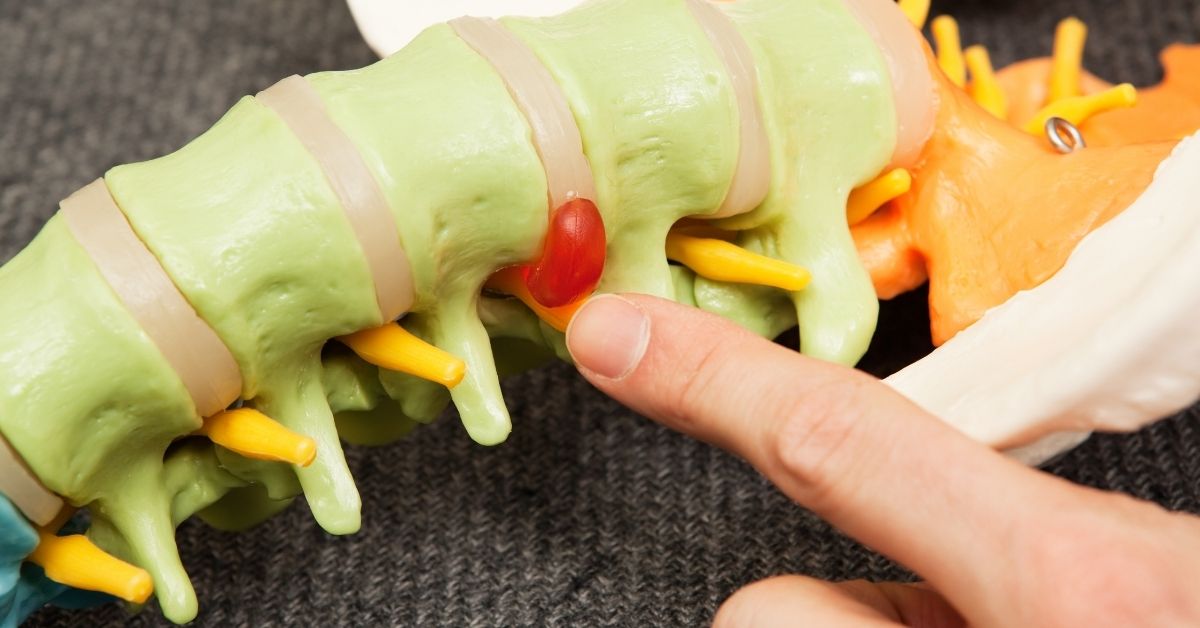
This is a painful condition where the nucleus pulposus, which is the inner ring of cartilage surrounding the spine, becomes inflamed. It is possible to get this type of pain from sudden weight changes. For example, if you lose some weight, you might experience tailbone pain immediately.
Physical activity level
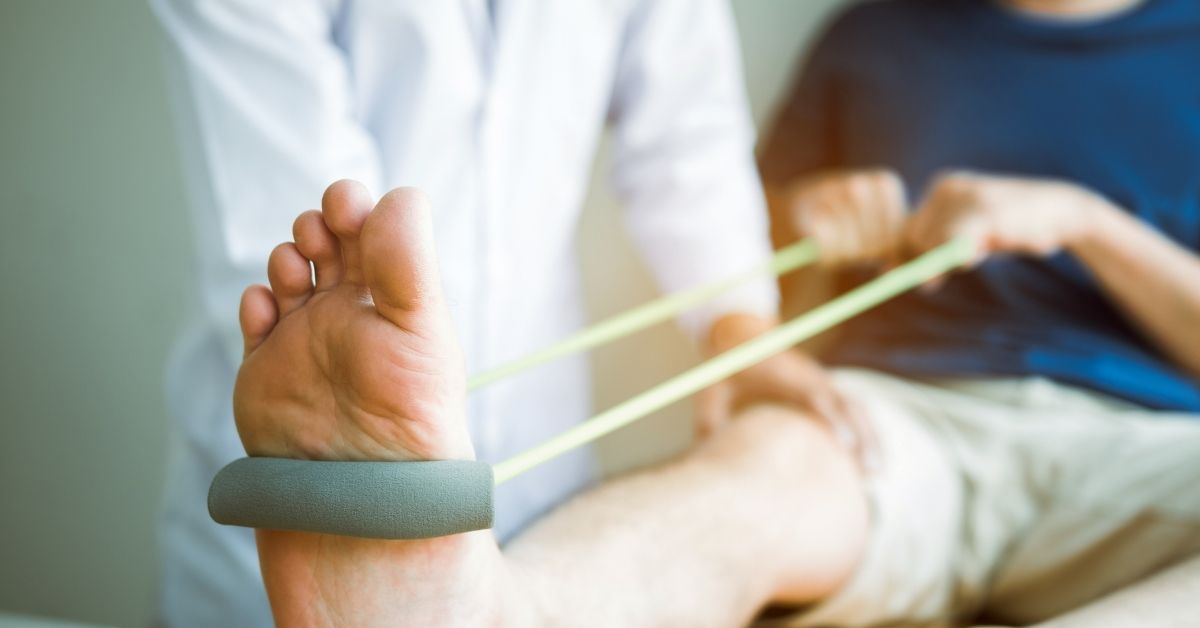
If you have been inactive for long periods, you may be suffering from osteoarthritis. Osteoarthritis is a condition that affects the bones and joints of your spine. If you are inactive for a very long period, you may be putting yourself at risk for this condition which makes it very hard for you to move around, bend, and do everyday activities.
Muscle weakness

This weakness may be caused by several factors, including overuse injuries, inflammation, sprain, and more. Ligaments and muscles play an essential role in maintaining the balance between your spine and your body and in preventing back pain and tailbone pain. When you experience pain in these parts, you should consider seeking pain relief immediately. Aside from physical therapy, exercises, massage, and other treatments, some natural remedies can be done to prevent pain as well as help you manage it when it happens.
Overuse injuries and inflammation
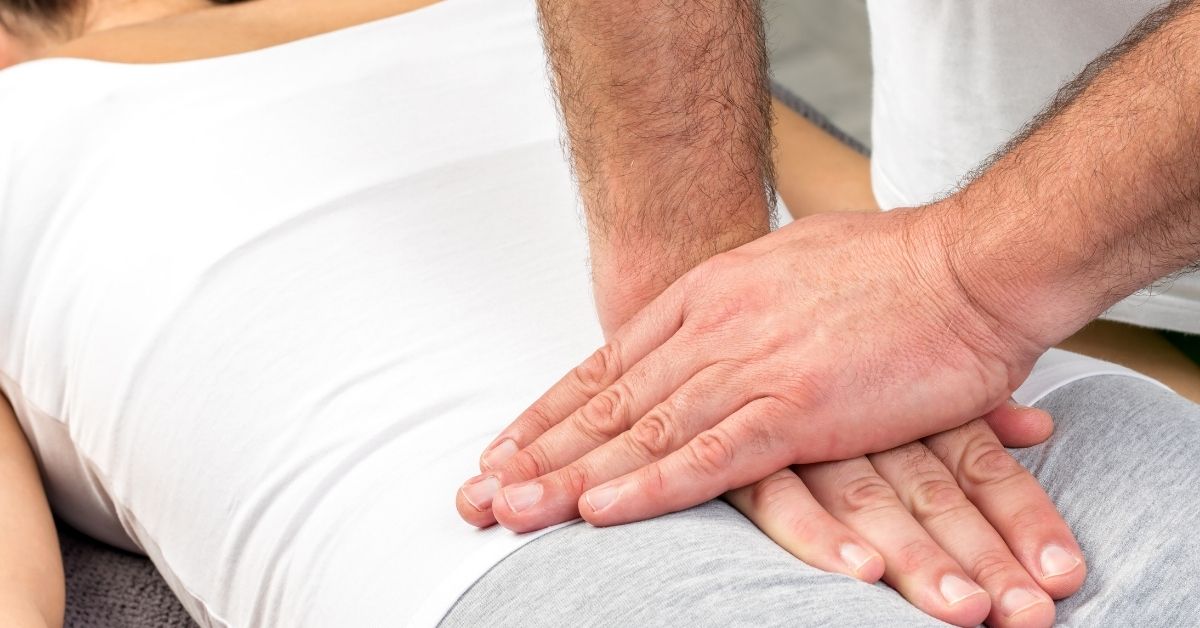
They are the two most common reasons why you will have lower back pain and tailbone pain. In the process of physical activity, you may experience injuries that can cause you to suffer from inflammation and spasm of muscles and ligaments. This spasm can be very hard to resolve if it happens on your back which will cause lower back pain and tailbone pain.
Poor body mechanics

back pain and tailbone pain
Which is usually caused by bad posture or lack of exercise. Your posture is affected because of the position of your spine when you are sitting or standing up. The natural curvature of your lower back is also impacted when you do not exercise regularly. Poor mechanics may result to back injury and pain and can what cause lower back pain and tailbone pain.
Sitting for long periods.
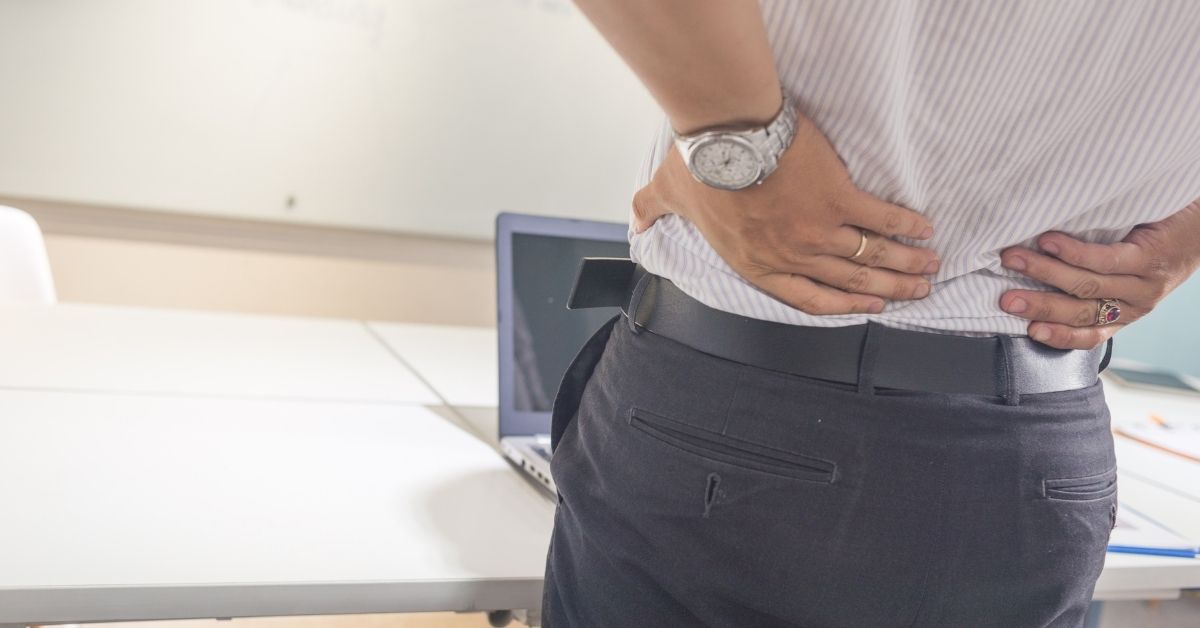
If you sit for too long during the day, then you are going to end up with pain in your tailbone. This is because the longer you sit, the more pressure is put on your tailbone. You don’t have to be sitting for hours, just three or four hours a day is enough. The more time that you are spending in front of a computer or watching TV, the more your tailbone is going to be stressed.
Bad posture

It is another thing that causes lower back pain and tailbone pain. Your spine is not designed to be held in one position for too long. If you sit in your favourite chair all day, then you are going to end up with back pain. If you are always slouching in your chair or lying down, you are going to have the same problem.
Bad back injury

A bad back injury will force you to take some time off of work and make it hard to get around without hurting. In these cases, you can try to strengthen your back before your accident and then start back to work as soon as possible. You will probably end up having a lot of pain in the initial stages, but over time you will feel better, and your back might finally be able to handle the stress that you are putting on it. Most back injuries happen due to a previous injury or illness.


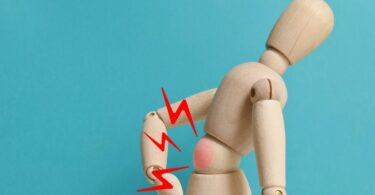


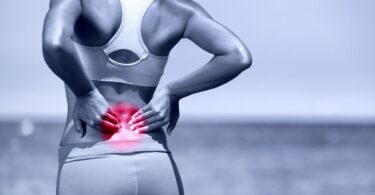

Leave a Comment